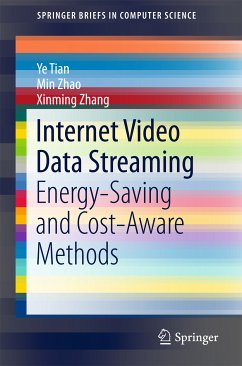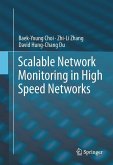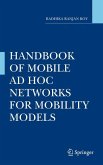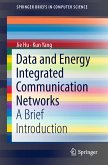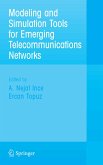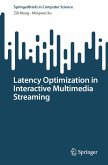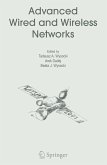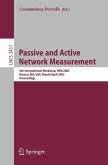This book investigates the problem of reducing operating cost for a video streaming content delivery network (CDN), including both the CDN's energy and traffic costs. It first introduces the key issues and design choices of representative real-world CDNs, and discusses the energy saving techniques for data centers and CDNs. Then, based on a measurement study on a large video streaming CDN, it reveals an inherent conflict between improving a video streaming CDN's energy efficiency for energy saving, and maintaining the CDN's ISP-friendly server selection policy. Further, it discusses a cost-aware capacity provisioning algorithm that not only allows the service capacity of a CDN's server clusters in numerous ISPs to be dynamically planned, but also means that the overall operating cost, including both the energy consumptions and the cross-ISP traffics, can be further optimized. In addition it uses the workload derived from real-world measurement and also implements real values of theactual power and bandwidth prices to evaluate the capacity provisioning algorithm, showing that it can significantly reduce the overall operating cost of a video streaming CDN, and effectively avoid frequent server switches. Lastly, the book outlines a number of potential research directions regarding cost-aware content delivery. The measurement, analysis, and optimization methodologies and results presented in this book are of particular interest to researchers in the Internet and networking area.
Dieser Download kann aus rechtlichen Gründen nur mit Rechnungsadresse in A, B, BG, CY, CZ, D, DK, EW, E, FIN, F, GR, HR, H, IRL, I, LT, L, LR, M, NL, PL, P, R, S, SLO, SK ausgeliefert werden.

